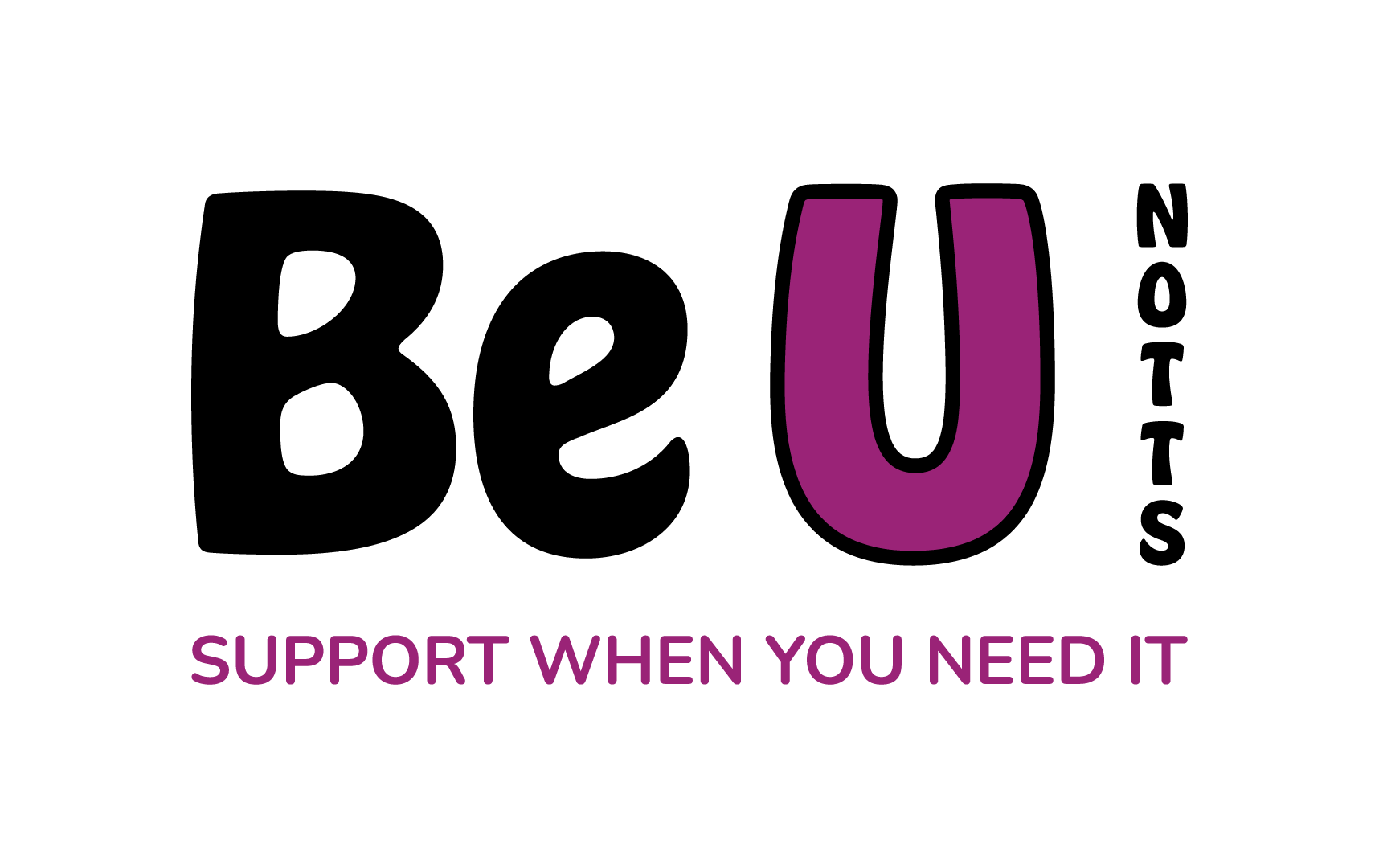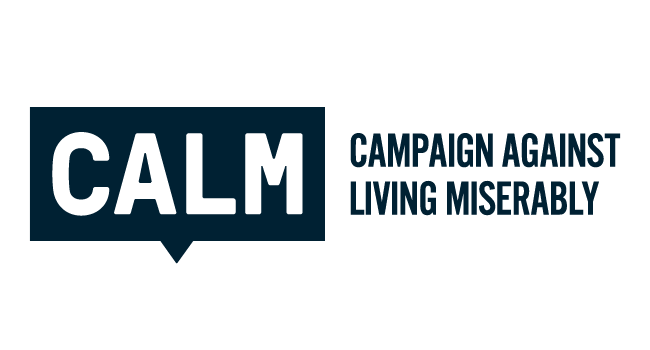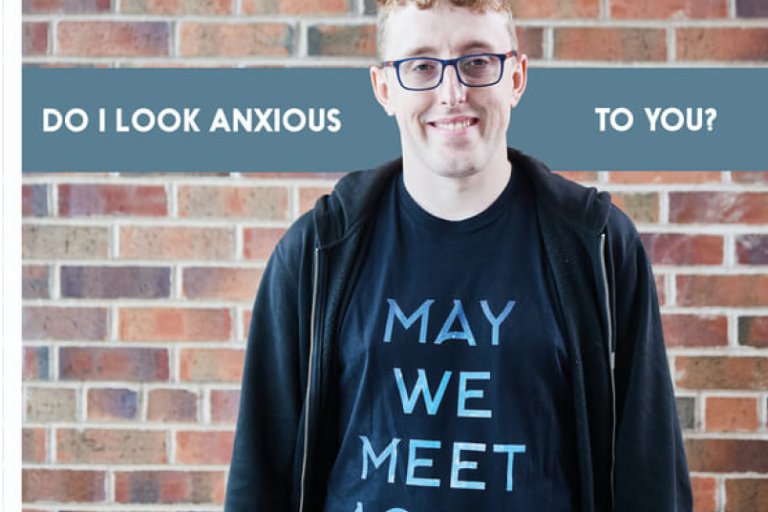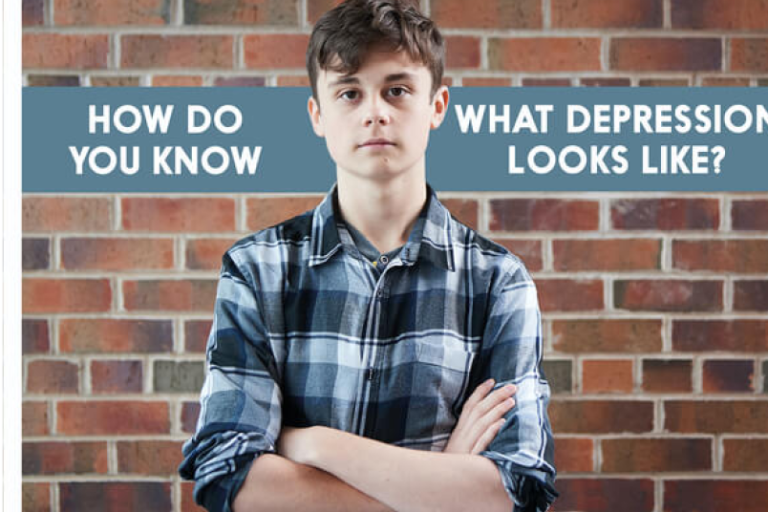I need help with…
Depression or Low Mood

What is depression?
Everyone has ups and downs. Sometimes you might feel a bit low, for lots of different reasons. People may say that they are feeling depressed when they are feeling down, but this does not always mean that they have depression.
Depression is a long lasting low mood disorder. It affects your ability to do everyday things, feel pleasure or take interest in activities. Depression can affect people of any age, including children. It is one of the most common mental illnesses.
It is normal to feel low if something upsetting has happened in your life and most of the time these feelings get better over time with the support of the people closest to you. If you’ve been feeling like this for a while, or it has been affecting your life in a serious way, you should visit your doctor. If you’re scared about going by yourself, you could ask a friend, parent or carer to go with you. Your doctor will be able to listen to how you’re feeling and talk you through the types of support that could help. You can also learn more and Get Help here.
Get Help Now!
Here are a list of services that can help. The icons below tell you the type of support available.

Be U Notts
Nottingham City CAMHS

Nottingham County CAMHS

CALM (Campaign Against Living Miserably)

Talkzone
Which services can I access?
Some of the services available operate only within city or the wider county area. Pop your postcode in below to quickly check which services are available to you
Related topics
-

Anxiety and Panic Attacks
Everyone gets anxious now and then and anxiety is actually your body giving you a message that you are not safe.
-

Bullying
Bullying is repeated behaviour intended to hurt someone emotionally or physically. Bullying is often aimed at certain people because of their race, religion, gender or sexual orientation or any other aspect such as appearance or disability.
-

Obsessive Thoughts
Obsessions are specific thoughts that are intense and intrusive. It can feel like your thoughts are taking over and controlling your behaviour. Compulsions are ritual behaviours that people use to try to reduce anxiety linked to intrusive thoughts.
-

Self Harm
Self-harm, or self-injury, describes a wide range of things people deliberately do to themselves that appear to cause some kind of physical hurt. It can be very hard for parents and carers to know about – or witness – self-harming behaviour in their children.
